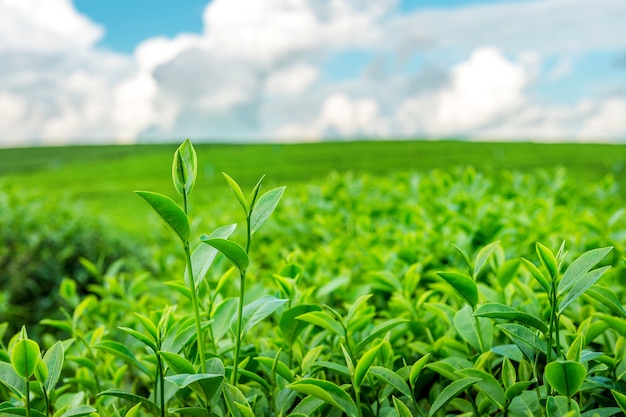
Uganda’s tea industry holds potential for economic growth and development. Despite this, many tea growers face challenges that hinder their ability to maximize profits.

To enhance profitability, tea growers in Uganda can adopt several strategic measures, including improving agricultural practices, diversifying product offerings, leveraging technology, accessing better markets, and ensuring sustainability.
The foundation of maximizing tea profits lies in optimizing agricultural practices. Tea growers should focus on adopting best practices in tea cultivation, such as the use of high-yielding and disease-resistant tea varieties such as chamomile.
Implementing proper spacing, pruning, and fertilization techniques can significantly enhance the yield and quality of tea leaves. Adopting Integrated Pest Management (IPM) practices can reduce the reliance on chemical pesticides, leading to healthier crops and reduced production costs.
Diversification is a key strategy for increasing profits. Tea growers can explore producing different types of tea, such as green, black, white, and specialty teas, which often fetch higher prices in the market compared to standard black tea.
Value addition through the production of flavored and herbal teas can also open new market opportunities. By offering a variety of products, tea growers can cater to different consumer preferences and increase their revenue streams.
Technological advancements can play an important role in enhancing productivity and efficiency in tea farming. Adopting precision agriculture technologies, such as soil sensors, drones, and satellite imaging, can help tea growers monitor crop health, soil conditions, and weather patterns.
These technologies enable informed decision-making, leading to optimized use of resources and improved crop yields. Mobile applications and platforms can provide tea growers with real-time information on best farming practices, market prices, and weather forecasts, further aiding in better planning and management.
To maximize profits, tea growers need access to better markets where they can sell their produce at competitive prices. Establishing cooperatives and farmers’ associations can empower tea growers by providing collective bargaining power and facilitating access to larger markets.
These organizations can also help in branding and marketing efforts, ensuring that Ugandan tea is recognized for its quality. Exploring export opportunities to international markets, particularly where there is a high demand for specialty teas, can significantly boost profits.
Sustainability is increasingly becoming a critical factor for profitability in the tea industry. Consumers and markets are more inclined towards sustainably produced tea. Tea growers should adopt sustainable farming practices, such as organic farming, conservation of biodiversity, and efficient water use.
Certification programs, such as Fair Trade and Rainforest Alliance, can provide tea growers with a competitive edge in the market, often leading to premium prices for their products. Sustainable practices ensure the long-term health of the tea plantations, securing future profitability.
Investing in the training and education of tea farmers is essential for maximizing profits. Government agencies, non-governmental organizations, and private sector stakeholders should collaborate to provide training programs on modern farming techniques, business management, and market trends.
Empowered with knowledge and skills, tea growers can implement innovative practices, improve productivity, and better navigate market dynamics.
By improving agricultural practices, diversifying products, taking advantage of technology, accessing better markets, ensuring sustainability, and investing in training and education, tea growers can enhance their productivity, quality, and profitability.
Collective efforts from the government, private sector, and international organizations can also support these initiatives, paving the way for a thriving and profitable tea industry in Uganda.

















